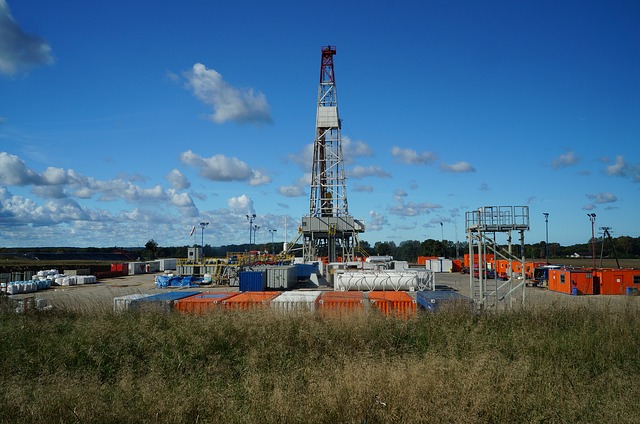You likely know that an oil rig owned or used by your company is a very hazardous place. Of course, there are significant risks of fires and explosions. However, other threatens await you or your employees. If something happens, even accidentally, someone’s injuries might

wind up costing them a lot of time and money. In such situations, you might actually owe them financial assistance. It’s called workers’ compensation. Here’s what it’s all about.
Workers’ comp helps protect employees hurt on the job. Therefore, it is some of the most important commercial insurance any oil & gas company should carry. It will particularly come in handy in case of mishaps on your rigs.
What’s Workers’ Comp
There are a lot of workplace safety laws, and workers’ rights regulations out there. All in all, they stipulate that you have to create a safe working environment for your workers. Furthermore, they often institute workers’ compensation requirements.
Workers’ compensation is a type of insurance. It helps supplement the income of workers who get hurt or injured on the job. It stems from the fact that those injured at work can’t continue working in their recovery. Yet they need income nonetheless. It might help pay for their medical bills while they cannot work. It can also supplement their income and other critical costs until they can get well again.
Businesses usually have to offer this protection to their workers. Regardless of whether an accident was the business’s fault, the injured worker might have a right to file a claim. Even a simple fall in the bathroom that results in a shoulder injury might qualify for coverage.
Why Rig Workers Need Workers’ Compensation
Usually, as long as your rig workers are full-time employees, they usually qualify for workers’ compensation. Even in some cases, part-time employees qualify as well. A multitude of injuries might occur on your rigs. They might include:
- Burns from fire and explosion risks
- Slip and fall risks on slippery surfaces
- Head injury risks from falling objects
- Risks to limbs from machinery
- Inhalation and breathing risks from smoke or solvents
In that vein, any injury risks that might happen in any office could also happen on a rig. Someone could twist an ankle in the restroom. Or, they might burn themselves in the break area. Therefore, it is up to you to do all you can to prevent accidents from occurring in the first place. You should institute the strongest possible safety regulations and security requirements for all workers. Then if something does happen, provide them with full instructions on how to file, prove and investigate a workers’ compensation claim.
